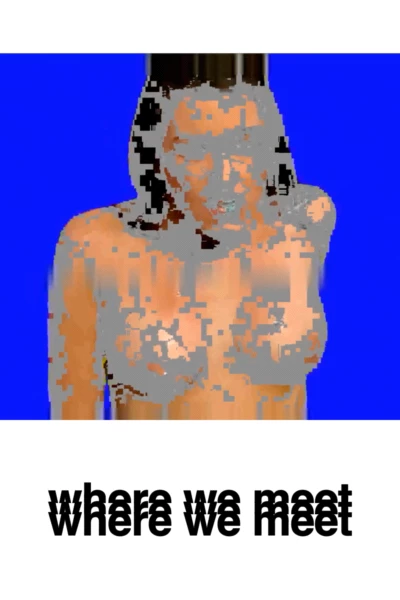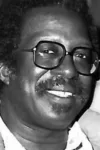Come Back, Africa (1959)
September 1, 1959Release Date
Come Back, Africa (1959)
September 1, 1959Release Date
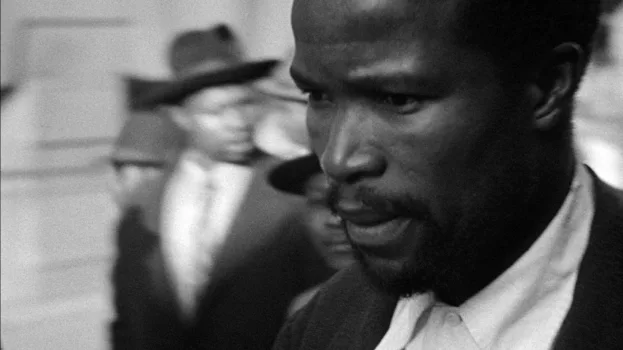
Plot.
Where to Watch.
 Subs
Subs Subs
Subs Rent
Rent Free
FreeCurrently Come Back, Africa is available for streaming online, rent, buy or watch for free on: Criterion Channel, OVID, Amazon Video, Kanopy
Streaming in:🇺🇸 United States

Cast & Crew.
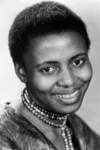
Miriam Makeba
Miriam

Vinah Makeba
Vinah

Zachria Makeba
Zachariah

Molly Parkin

Lewis Nkosi
Lewis
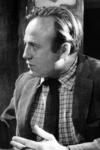
Lionel Rogosin
Director / Writer / Producer
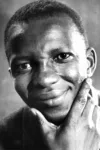
Bloke Modisane
Writer

Chatur Lal
Music
Media.

Details.
Release DateSeptember 1, 1959
StatusReleased
Running Time1h 35m
Budget$70,000
Filming LocationsSouth Africa
Genres
Last updated:
This Movie Is About.
Wiki.
Come Back, Africa is a 1959 film, the second feature-length film written, produced, and directed by American independent filmmaker Lionel Rogosin. The film had a profound effect on African cinema, and remains historically and cultural importance as a document preserving the heritage of the townships in South Africa in the 1950s. It may be classified as reportage, documentary, historical movie or political cinema, since it portrays real events and people. It reveals an interpretation of meaningful social facts and a strong ethical assumption towards human behaviours like racism.
Like Rogosin's feature debut On the Bowery, Come Back, Africa is a scripted film based on fictional narrative, in which actors play invented roles. However, unlike mainstream films and against Hollywood traditions, its actors are street people, improvising lived experiences: they play their own lives or those of people like them. That is why Come Back, Africa is a fiction / non-fiction, a hybrid of fictional film and documentary: a docufiction. Additionally, it is a rare combination in film history of docufiction and political film.
Both Lionel Rogosin in America and Jean Rouch in France, at the same time, considered themselves as Robert Flaherty's heirs for similar reasons. Both used amateur actors, "street people" playing their own roles in search of truth or to unveil some hidden mystery beyond crude reality: Rogosin, contrary to Flaherty, sustained by strong ideological beliefs, Rouch, beyond Flaherty, inspired by surrealism, which he believed to be a useful means to reveal the truth of cinema'’ (the cinéma-vérité) and also an important tool to be used by an ethnographer for scientific research. Following different paths to reach similar results, both converged in ethnofiction with surprising results (See: Glossary).
You May Also Like.

Solo Leveling -ReAwakening- (2024)

Heaven in Hell (2023)

Simulant (2023)
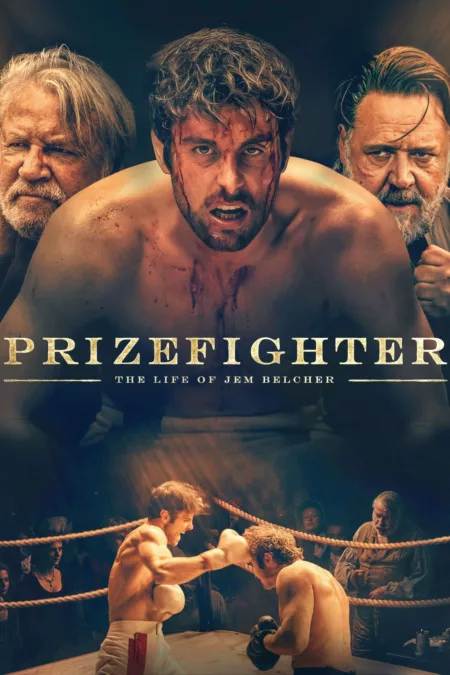
Prizefighter: The Life of Jem Belcher (2022)
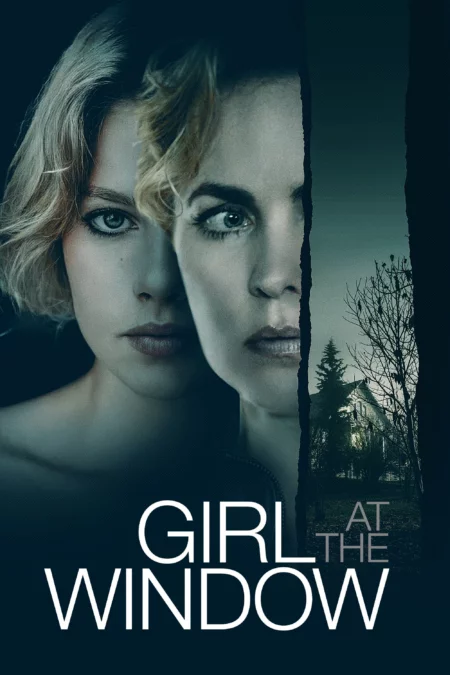
Girl at the Window (2022)
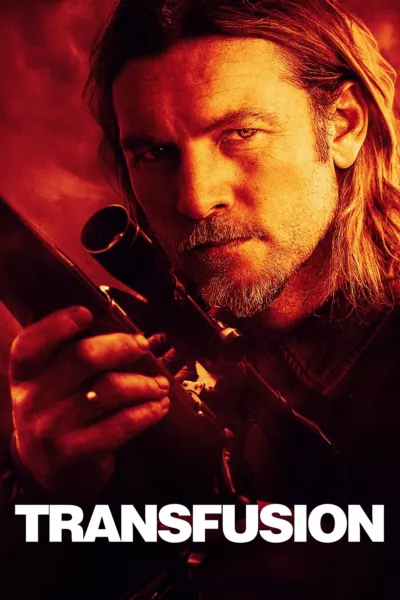
Transfusion (2023)

A very Sonic Christmas (2024)
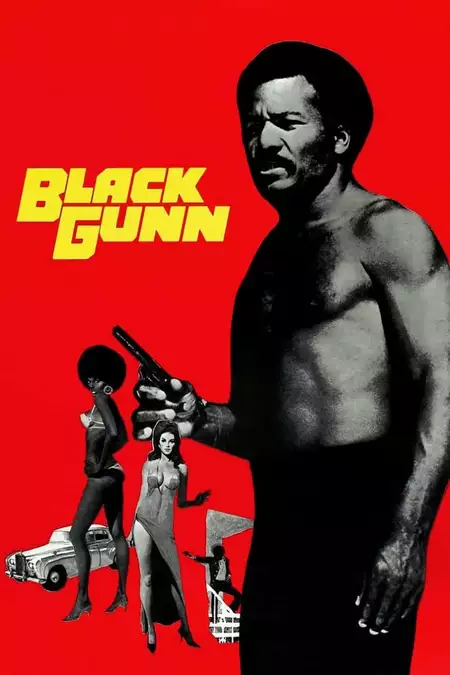
Black Gunn (1972)
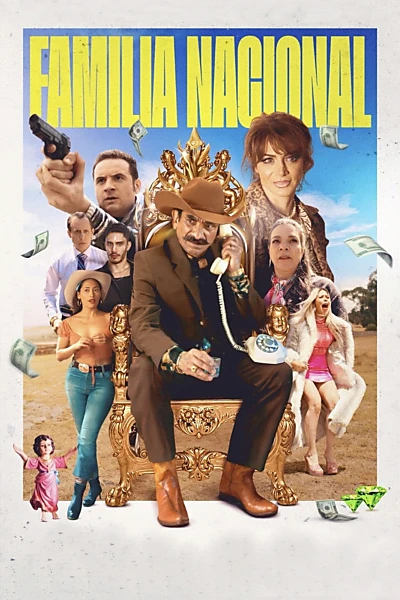
National Family (2023)
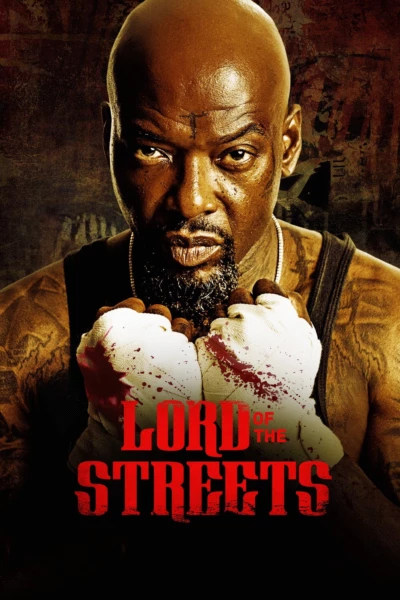
Lord of the Streets (2022)
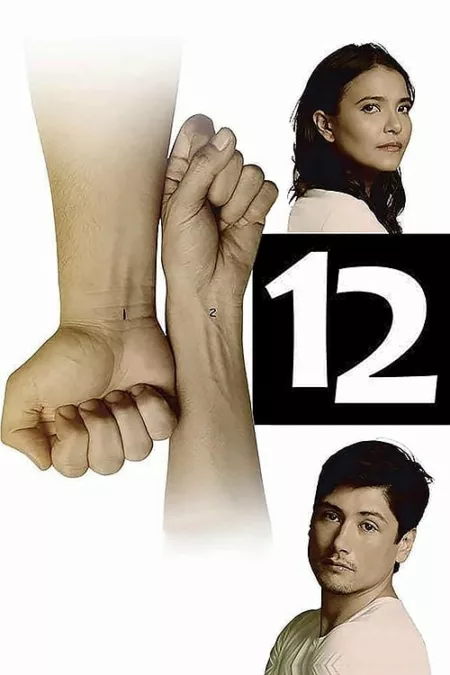
12 (2017)
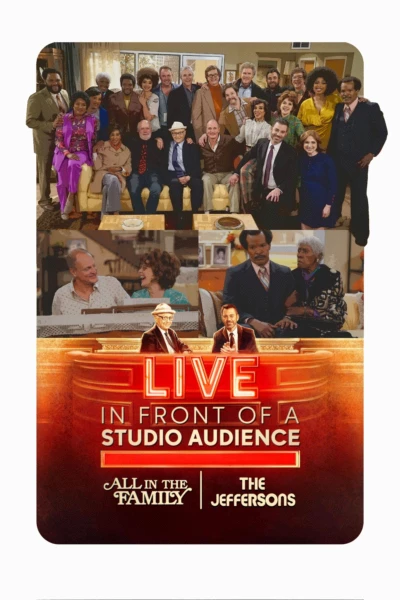
Live in Front of a Studio Audience: Norman Lear's "All in the Family" and "The Jeffersons" (2019)
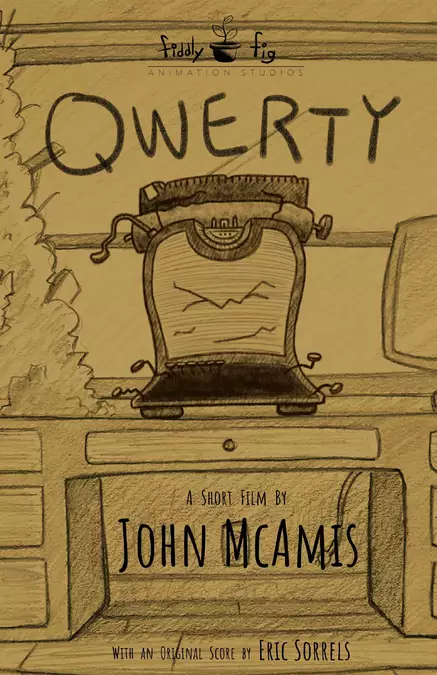
Qwerty (2017)
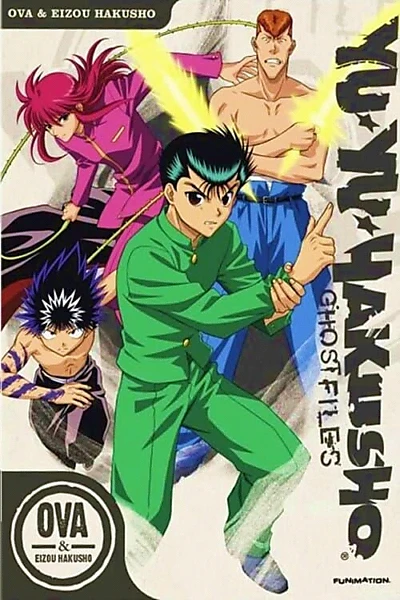
Yu Yu Hakusho: Eizou Hakusho (1994)

Hey Qween - Holigay Special

Bill Burr Presents: Friends Who Kill (2022)

Captain Nulle (1964)
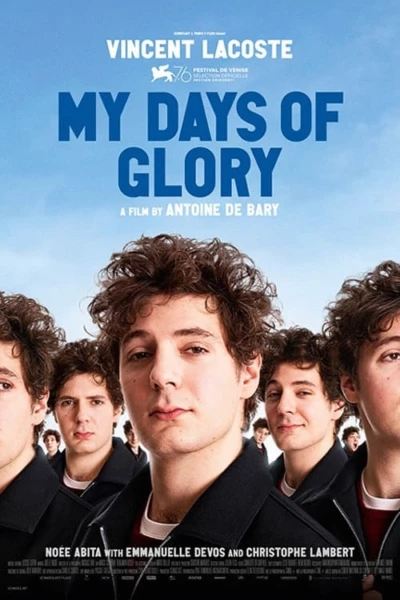
My Days of Glory (2020)
